

Incorporating Principles From Weston Price


Dr. Weston A. Price, a renowned dentist and researcher, pioneered the study of the relationship between nutrition, dental health, and overall wellness. His extensive travels to various indigenous communities across the globe allowed him to observe the impact of diet on physical health. Price’s groundbreaking observations revealed that communities consuming their traditional diets had excellent dental health and well-formed facial structures. However, with the introduction of Western diets, marked by processed and sugary foods, these communities experienced a decline in dental health and changes in physical appearance.
At our practice, we resonate with Dr. Price’s findings and integrate some of his key principles into our approach. We emphasize the importance of nutrient-dense, bioavailable foods such as grass-fed beef and organic pasture-raised eggs. This approach not only supports dental health but also contributes to overall bodily wellness. As we delve further into this article, we’ll explore how incorporating principles from Weston Price’s research can enrich your health journey, where our thoughts differ from his thoughts on diet, and the nuances behind our approach.
Who Is Weston A. Price?
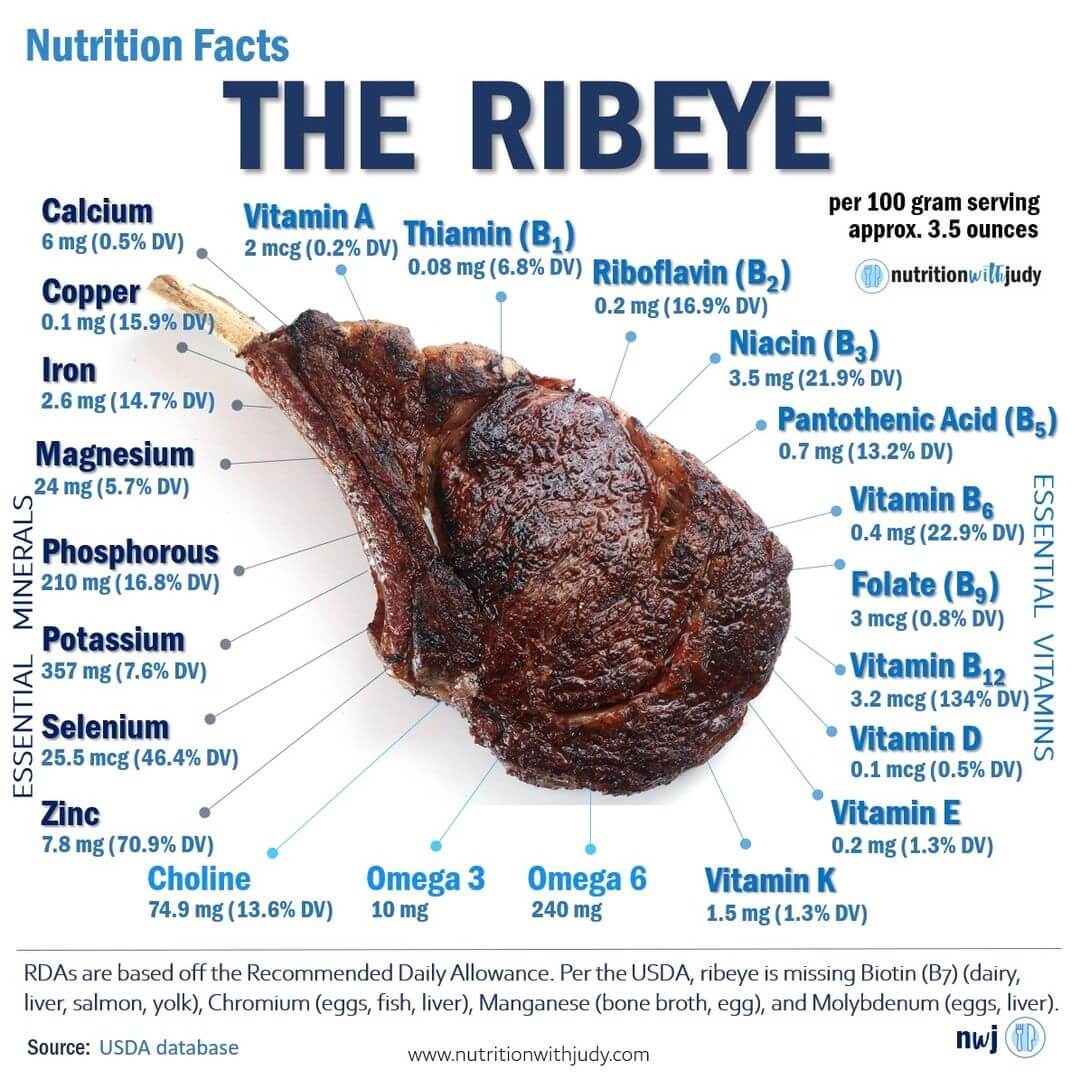

Dr. Weston A. Price was a prominent dentist and researcher in the early 20th century, known for his pioneering work in the field of nutrition and its effects on dental and overall health. Through his extensive travels and studies of various indigenous populations around the world, Price observed the relationship between diet and physical health. He noted that these communities, when consuming their traditional diets rich in nutrient-dense and bioavailable foods, exhibited robust dental health and well-formed facial structures. However, the introduction of Western diets, characterized by processed and sugary foods, led to a deterioration in their dental health and changes in physical appearance.
The Weston A. Price Foundation, established in 1999, carries on the legacy of Dr. Price’s research. It is a non-profit organization dedicated to restoring nutrient-dense foods to the human diet through education, research, and activism. The foundation advocates for the consumption of whole, unprocessed foods such as raw milk, pasture-raised meats, and organic produce. It emphasizes the importance of traditional food preparation methods, such as fermentation and bone broth making, which enhance nutrient bioavailability and digestion. The foundation also addresses agricultural practices, food policies, and environmental issues, aiming to promote sustainable farming and ethical animal husbandry.
The foundation provides resources and guidance on nutrition and health, drawing from Dr. Price’s findings and integrating contemporary scientific research. It supports and connects a global network of individuals and groups who seek to follow and promote Dr. Price’s dietary principles for improved health and well-being.
Important Research From Weston A. Price
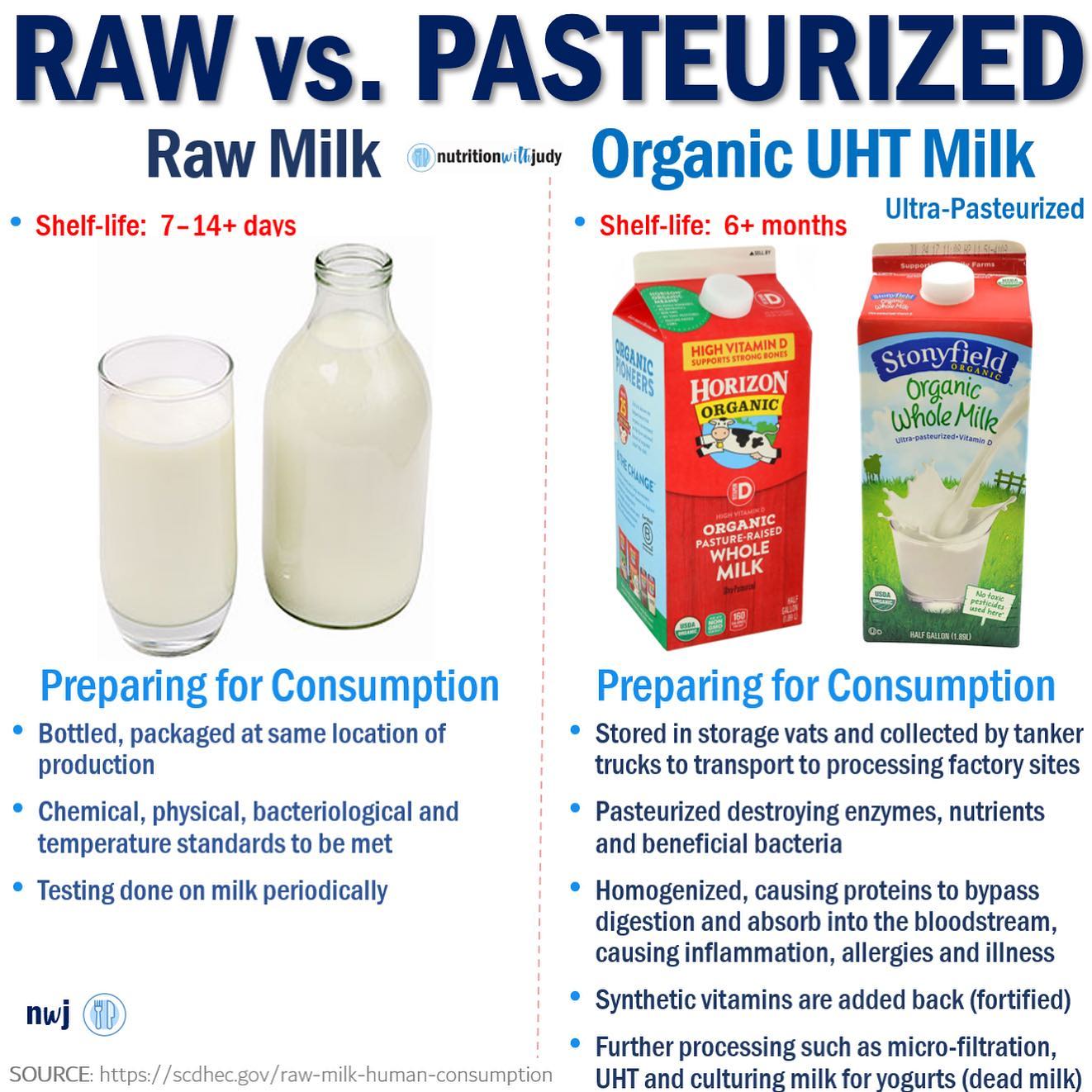

Dr. Weston A. Price, a renowned dentist and researcher from the early 20th century, conducted extensive research on the relationship between diet, dental health, and physical well-being. His significant findings have continued relevance in today’s world, especially in the field of nutrition and holistic health.
Price’s most notable research involved his study of various indigenous populations around the world. He observed that these communities, when adhering to their traditional diets, exhibited exceptional dental health, well-formed facial structures, and overall robust physical health. These diets were rich in nutrient-dense and bioavailable foods, often including animal products such as meat, milk, and eggs, as well as unprocessed plant foods. Price noted that these foods provided essential nutrients in a form that the body could readily use.
A critical finding from Price’s research was the negative impact of Western dietary practices on these indigenous communities. With the introduction of processed and sugary foods typical of Western diets, there was a noticeable decline in dental health and changes in physical appearance. This included a rise in dental cavities, changes in facial bone structure, and overall deterioration in health. Price’s work highlighted the importance of diet in maintaining not just dental health, but overall physical well-being.
In today’s world, Price’s research remains incredibly relevant. The rise in processed foods, high sugar intake, and nutrient-poor diets has been linked to numerous health issues, including dental problems, obesity, heart disease, and diabetes. His findings underscore the importance of consuming nutrient-rich, unprocessed foods and the role of diet in maintaining good health.
Price’s research also supports the modern movement towards more natural, sustainable, and traditional ways of eating. This includes a renewed interest in practices such as fermentation, the consumption of organ meats, and the use of whole, unprocessed foods in cooking. These practices align with Price’s observations of traditional diets and their health benefits.
Furthermore, Price’s work has implications for the field of holistic wellness, emphasizing the interconnectedness of diet, physical health, mental health, and overall well-being. His findings continue to influence dietary recommendations and inform those seeking to improve their health through more natural and traditional food choices.
Dr. Weston A. Price’s research offers timeless insights into the critical role of diet in health. His observations about the impact of traditional versus Western diets on physical health remain relevant, informing current nutritional practices and supporting a holistic approach to wellness.
The Weston A. Price Diet
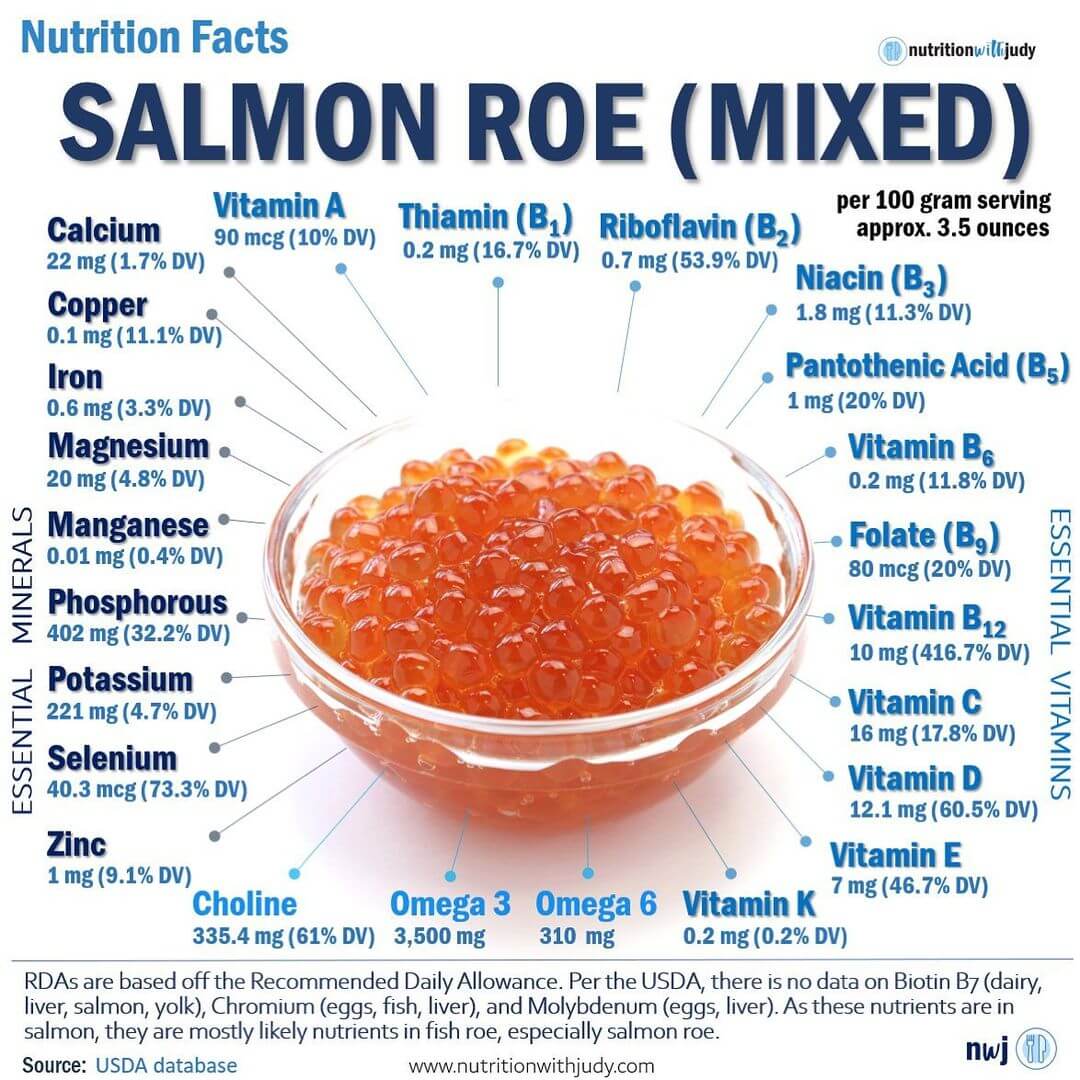

The Weston A. Price diet is based on the principles and findings of Dr. Weston A. Price, a dentist and researcher who studied the diets of indigenous populations around the world. His research led to the development of dietary guidelines that focus on nutrient-dense, natural foods. Here are the principles of the Weston A. Price diet:
- Whole, Unprocessed Foods: The diet emphasizes eating foods in their natural state, avoiding processed and refined foods. This includes whole grains, fresh fruits and vegetables, and unprocessed animal products.
- Animal Fats and Organ Meats: Contrary to conventional dietary advice, the Weston A. Price diet advocates for the consumption of animal fats and organ meats. These are seen as rich sources of vitamins and minerals essential for health.
- Fermented Foods: Fermented foods such as sauerkraut, kefir, and yogurt play a significant role in this diet. They are valued for their probiotics and enzymes, which are believed to aid digestion and improve gut health.
- Bone Broths: Bone broths, made by simmering bones for an extended period, are another key component. They are rich in minerals and are thought to support joint and digestive health.
- Raw Dairy Products: The consumption of raw milk, cheese, and other dairy products is encouraged. These are preferred over pasteurized versions due to their higher nutrient content and natural enzymes.
- Seafood: The diet includes a variety of seafood, especially oily fish rich in Omega-3 fatty acids, which are crucial for brain health and inflammation reduction.
- Avoidance of Modern Processed Foods: Foods high in synthetic additives, artificial sweeteners, colors, flavors, and chemically altered fats are strongly discouraged. This also extends to refined carbohydrates and high-sugar foods.
- Proper Preparation of Grains and Legumes: When consuming grains and legumes, traditional preparation methods such as soaking, sprouting, or fermenting are recommended to enhance nutrient availability and digestibility.
- Balanced Intake of Omega-3 and Omega-6 Fats: The diet stresses the importance of balancing these two types of fats, often by reducing omega-6-rich oils (such as vegetable oils) and increasing omega-3 sources (such as seafood and algae).
- Focus on Nutrient Density: The overall focus is on foods that are high in vitamins and minerals, especially fat-soluble vitamins A, D, E, and K, found abundantly in animal products.
The Weston A. Price diet’s relevance today lies in its emphasis on whole, unprocessed foods and nutrient density, countering the modern diet’s high intake of processed foods. By focusing on traditional food sources and preparation methods, it aims to address common health issues arising from nutrient deficiencies and overconsumption of processed foods.
Feeding Kids the Weston A. Price Way
In this insightful interview, we spoke with our former classmate Christine, a Nutritional Therapy Practitioner and Weston A. Price chapter leader, delving into various topics related to nutrition and parenting. Christine, who operates under the name “Nourishing the Littles”, brings her experience as a former teacher into the conversation, focusing on serving nutrient-dense foods to children and practicing respectful parenting.
The discussion emphasizes the importance of feeding children a diet rich in proteins and fats, as opposed to a carbohydrate-heavy diet. I share our journey towards a meat-based, or carnivore, diet after experiencing health issues due to frequent travel and poor eating habits. I also credit the carnivore diet with healing my depression and improving my overall health. Similar to Weston A. Price, my approach to feeding my children involves a low-carb, keto-like diet, focusing mainly on meats and good fats. This aligns with our belief that such a diet provides essential nutrients and nourishment necessary for children’s growth and development.
We also touch on the misconceptions around low-fat diets for children, particularly the flawed logic that eating low-fat foods will prevent kids from becoming overweight. We highlight the importance of dietary fats in hormone production and overall cell health, pointing out the harmful effects of sugar-laden, low-fat foods.
The conversation shifts to the topic of respectful parenting, advocating for a parenting style that respects children as individuals. This approach is rooted in unconditional love and acceptance of all emotions, breaking away from conventional behaviorist models of parenting. Christine emphasizes the significance of understanding that one’s parenting style is often influenced by past experiences and upbringing.
Additionally, we discuss the challenges and strategies of transitioning children from packaged foods to real, nutrient-dense foods. Tips include cleaning out the pantry, modeling good eating habits as parents, and shopping for whole foods. This transition, while challenging, is seen as essential for children’s health and well-being.
The Q&A session provides valuable insights into nutrient-dense diets for children, the importance of fats in their diet, and the concept of respectful parenting. It highlights the need for a holistic approach to nutrition and parenting, taking into account physical and emotional health.
Weston A. Price vs. the Carnivore Diet
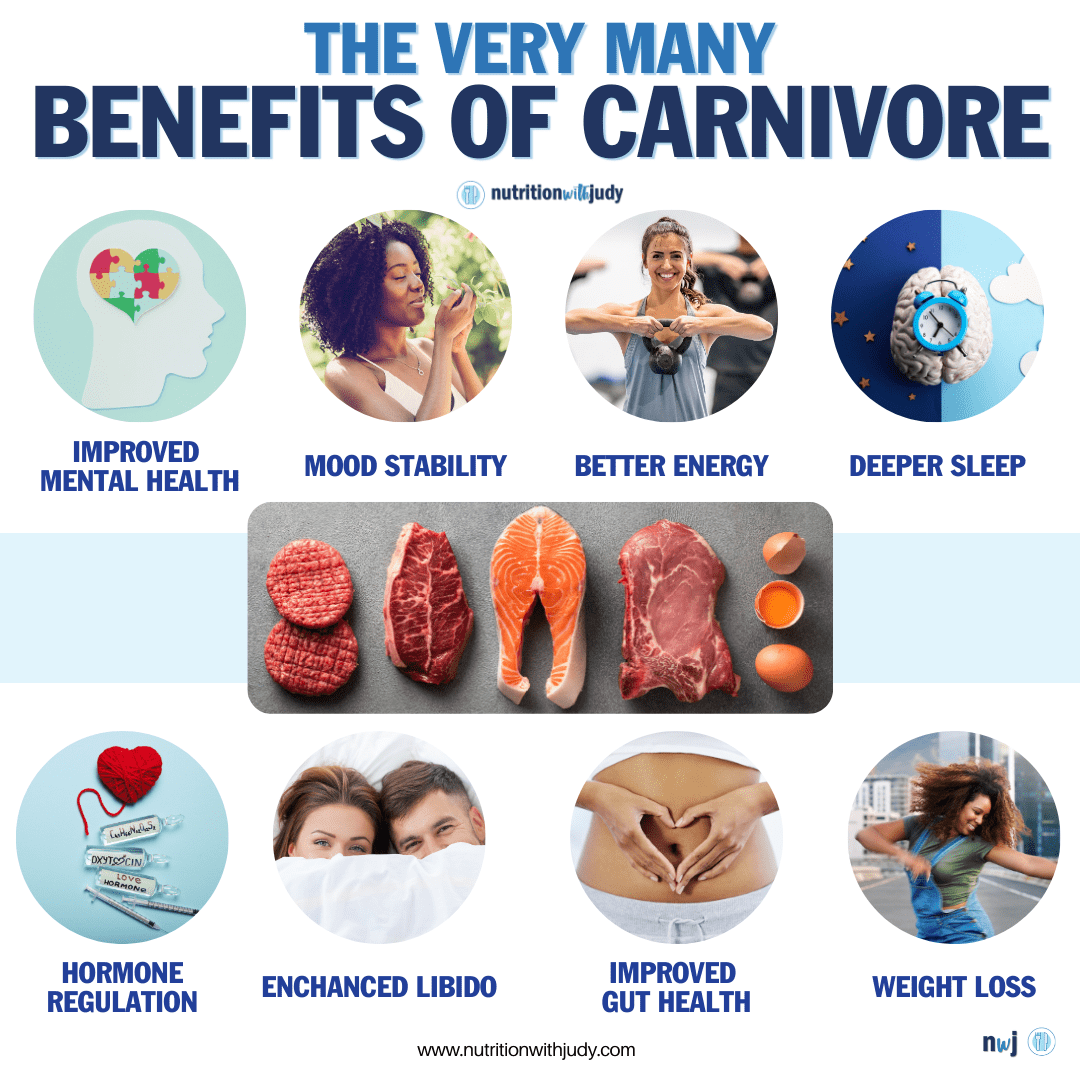

The Weston A. Price diet and the carnivore diet represent two distinct nutritional philosophies with differing principles and dietary guidelines.
Carnivore Diet Principles
- Meat-Based Diet: Focuses primarily on consuming animal products, particularly meat.
- Elimination of Plant Foods: Excludes all plant-based foods from the diet.
- Emphasis on Animal Proteins and Fats: Prioritizes high intake of animal proteins and fats, viewing them as the most essential nutrients.
- Simplicity and Elimination: Simplifies the diet to basic components, often for reasons related to digestive health or autoimmune conditions.
- Potential Inclusion of Dairy: Some versions of the carnivore diet include dairy products, while others do not.
- Limited Carbohydrate Intake: Carbohydrates are minimal to non-existent in the carnivore diet.
- Focus on Meat Quality: Emphasizes the quality of meat, often advocating for grass-fed and pasture-raised sources.
Comparison
The Weston A. Price diet is more inclusive, allowing a wider variety of foods including plant-based items, and advocating for traditional food preparation methods. The carnivore diet is more restrictive, focusing exclusively on animal products and eliminating all plant foods.
While both diets value nutrient density, they differ in their approach to achieving it. The Weston A. Price diet emphasizes a diverse range of nutrient sources, including plant-based foods, while the carnivore diet relies solely on animal-based nutrients. The carnivore diet is often adopted for specific health reasons, such as autoimmune conditions or digestive issues, and is seen as an elimination diet to identify food sensitivities.
Both diets aim to provide nutrient-dense foods to support health but differ significantly in their approach and the range of foods they include. We believe that the carnivore diet is ideal for healing. When people have healed enough, the goal is to be able to tolerate more food diversity such as the Weston A. Price diet. However, we do hope that people will always prioritize a meat-heavy diet even when healed in order to ensure proper nutrition and optimal wellness.
Why the Carnivore Diet Is Ideal for Healing
The carnivore diet is increasingly recognized as an effective tool for healing in modern society, particularly for those struggling with various health issues. This diet, which primarily consists of animal products and eliminates plant-based foods, offers several benefits that make it ideal for healing:
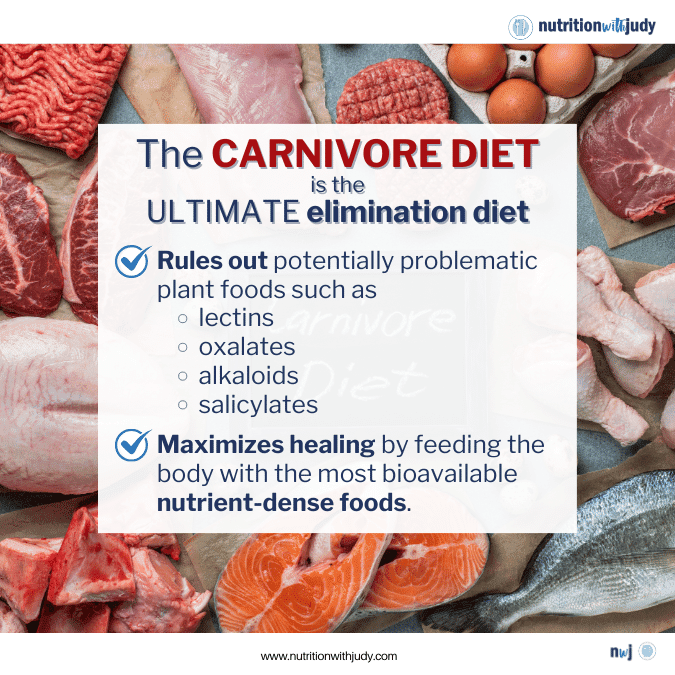

- Simplicity and Elimination: As an elimination diet, the carnivore diet removes potential allergens and irritants found in many plant foods. This simplicity aids in identifying food sensitivities and allergies, providing relief for individuals with autoimmune diseases, thyroid issues, hormonal imbalances, and metabolic diseases.
- Mental Health Benefits: Many individuals report significant improvements in mental health conditions such as depression and anxiety when following a carnivore diet. The diet’s focus on high-quality animal proteins and fats can stabilize mood and alleviate symptoms associated with mental health disorders.
- Nutrient Density: Animal products are rich in bioavailable nutrients essential for bodily functions. The carnivore diet ensures a high intake of these nutrients, supporting overall health and recovery processes.
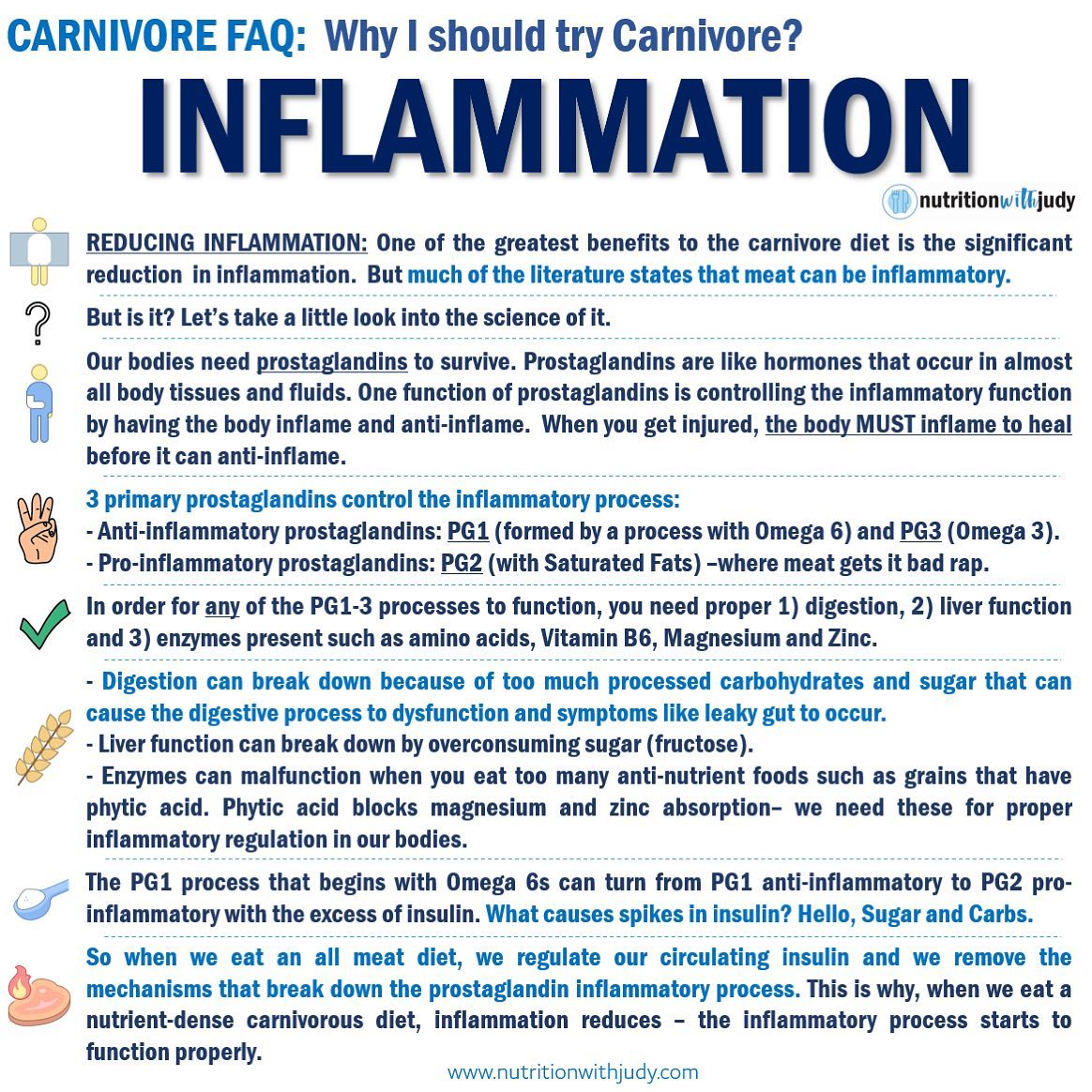

- Reduced Inflammation: By eliminating plant-based foods that can contribute to inflammation (such as those containing lectins, phytates, and other anti-nutrients), the carnivore diet can reduce chronic inflammation, a root cause of many diseases.
- Gut Health: A meat-based diet can be easier to digest for people with compromised gut health. It helps in healing the gut lining and reducing symptoms of digestive disorders.
- Blood Sugar Control: The absence of carbohydrates in the carnivore diet stabilizes blood sugar levels, beneficial for people with diabetes or insulin resistance.
- Weight Management: This diet can aid in weight loss and maintenance due to its high satiety factor, helping to address obesity-related health issues.
- Hormonal Balance: High-quality animal fats are crucial for hormone production. The carnivore diet can assist in balancing hormones, essential for overall health and well-being.
The carnivore diet’s focus on high-quality animal products and the elimination of potential dietary irritants make it a powerful option for addressing various health issues prevalent in modern society. Its benefits in mental health, inflammation reduction, nutrient density, gut health, blood sugar control, weight management, and hormonal balance contribute to its growing popularity as a healing diet.
Closing Thoughts On Weston A. Price and the Carnivore Diet
The Weston A. Price diet, inspired by Dr. Weston A. Price’s research on indigenous diets, emphasizes whole, unprocessed foods, including animal fats, organ meats, fermented foods, bone broths, raw dairy products, seafood, and properly prepared grains and legumes. This diet focuses on nutrient-dense, natural foods, and traditional food preparation methods, aiming to restore essential nutrients in the modern diet. It advocates for a balanced intake of omega-3 and omega-6 fats and strongly discourages processed and refined foods. The Weston A. Price diet is inclusive, allowing a variety of foods and emphasizing the importance of fat-soluble vitamins found in animal products.
On the other hand, the carnivore diet is a more restrictive approach, focusing exclusively on animal products and eliminating all plant foods. It highlights the consumption of meats and animal fats, viewing these as essential nutrients. The carnivore diet is often adopted for specific health reasons, such as autoimmune conditions or digestive issues. It simplifies the diet to its basic components, potentially aiding in identifying food sensitivities. The carnivore diet is ideal for healing and supporting chronic illness. Once people are metabolically healthy and have healed their chronic conditions, they can start incorporating more dietary principles from Weston A. Price.
Both diets aim to provide nutrient-dense options to support health but differ significantly in their inclusivity and dietary approach, reflecting their unique principles and health benefits.
Work With Our Trusted Carnivore Diet Functional Nutritional Therapy Practitioners
The Nutrition with Judy practice is honored to be a trusted carnivore diet practitioner support serving clients from around the globe. We’re passionate about helping our clients achieve root-cause healing in order to lead the best quality of life possible that’s nearly symptom-free. Our team is dedicated to educating our community about the incredible benefits of the carnivore diet. We welcome you to explore our free resources and are always available to support you through personalized protocols. Our Symptom Burden Assessment (SBA) is the perfect starting point for discovering your root cause and is required to work with our team— you can learn more in-depth about this powerful tool here.
Start your root-cause healing journey today and contact us any time with any questions or concerns.
DISCLAIMER: This content is for educational purposes only. While we are board-certified in holistic nutrition and are nutritional therapy practitioners, we are not providing medical advice. Whenever you start a new diet or protocol, always consult with your trusted practitioner first.





